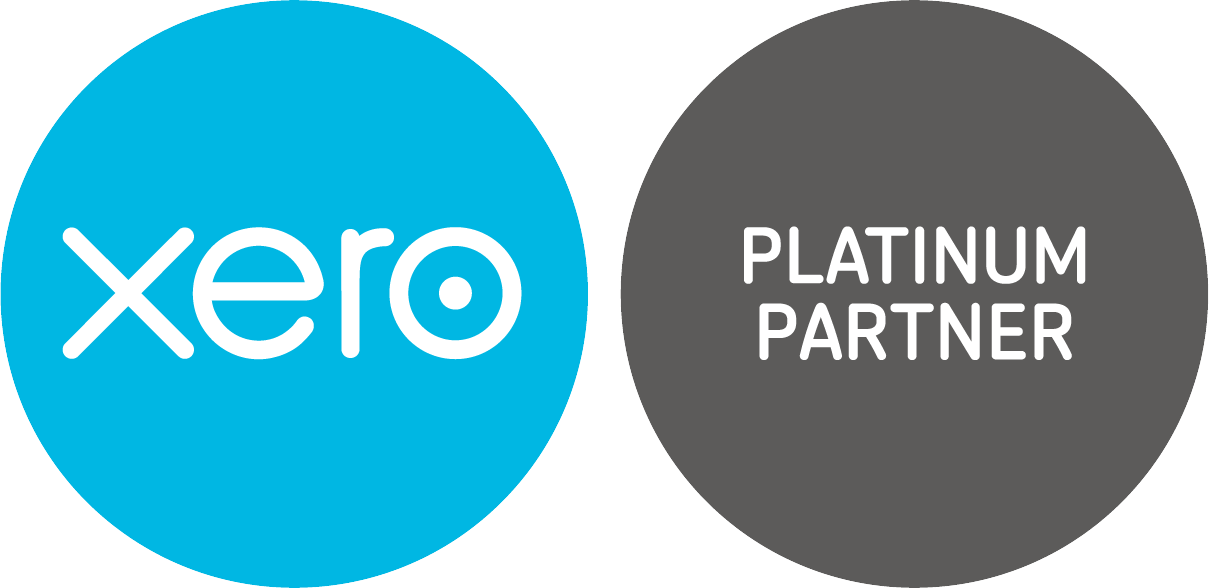Quick Pros & Cons of Credit Cards
Quick Pro's and Cons of Credit Cards
Below are two commonly discussed benefits and drawbacks of credit cards.
Convenience - Having a credit card (like a debit card) is convenient because many retailers and places of business have access to electronic Point of Sale services. Credit cards can also be used to make payments via telephone and online – adding the extra level of choice.
Credit Management – if people get paid irregularly or have trouble managing your finances, a credit card can help to stabilize expenses, along with assisting with paying for unexpected expenses.
Loss of credit card – if your credit card or credit card details are lost or stolen, then whomever has them has direct access to the available funds. Freezing the card or the account could take some time and leave you without access to that facility while the fraudulent activities are being investigated.
Bad Credit Management – There is a cost to use a credit card – that is usually a card fee or interest which gets added on to the balance. If not kept in check with constant analysis and regular payments, the balance can grow to unmanageable levels, which then has interest charged upon it.
Credit history
Applying for a credit card and staying on top of your payments could be a great first step on your way to gaining a strong credit rating, which is highly important when you apply for finance for something bigger like a car loan or mortgage.
A good credit rating may mean that you require less collateral or can get a lower rate on your loan – a bad rating will push your collateral requirements higher and likely lead to a higher rate. All circumstances are different so you should contact your local bank manager to discuss your options.






